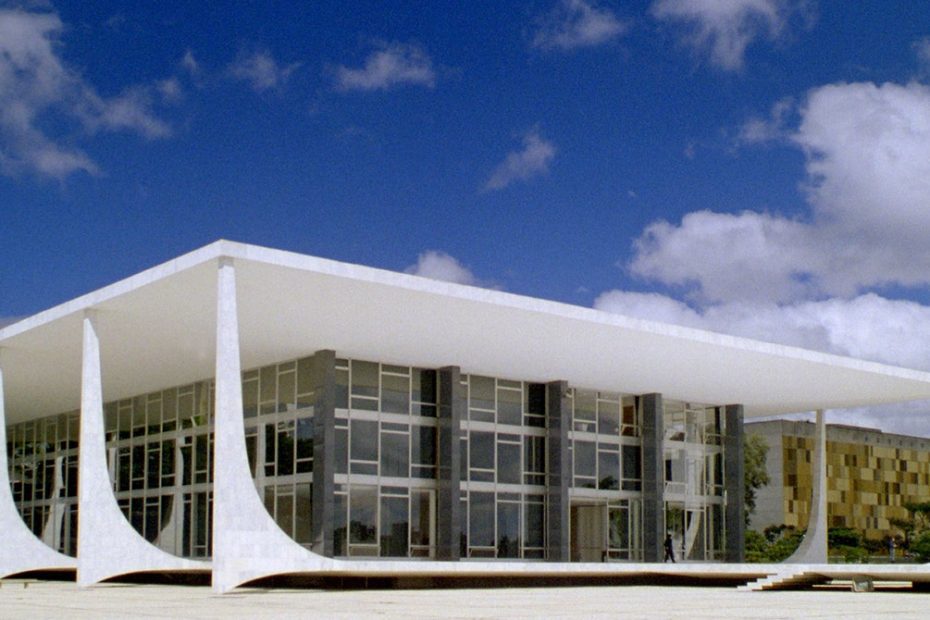Social network X has been largely inaccessible in Brazil since Saturday, after the country’s Supreme Court ordered all mobile and internet providers to block the platform. The court’s order follows a months-long dispute between Judge Alexandre de Moraes and X CEO Elon Musk over the company’s misinformation, hate speech and moderation policies.
With a population of 215 million, a mature democracy, a vast landmass and over 20,000 internet providers, blocking a web platform in the South American country is no easy task. And while the largest ISPs have implemented the ban, many are still struggling to comply, leaving a patchwork of access to the site.
“Brazil has made progress in blocking X across major internet providers, but our telemetry indicates that there is a long string of local and regional ISPs where the service is still available,” said Isik Mater, research director at internet censorship analysis group NetBlocks.
The Open Observatory of Network Interference reported that a similar development took place when Brazil’s Federal Police obtained a court order from ISPs in April 2023 to block the communications platform Telegram because it refused to share full information about users involved in neo-Nazi group chats. Some major ISPs immediately began blocking Telegram. “However, the block was not implemented by all ISPs in Brazil, nor in the same way,” the group wrote. “This suggests a lack of coordination between providers and that each ISP implemented the block autonomously.”
A similar development has occurred with the X ban. Brazil’s 20,000 ISPs are a remarkably competitive market, but only a few have nationwide infrastructure. About 40 percent are small regional providers with 5,000 customers or fewer. Human and digital rights watchdog Freedom House rates Brazil’s internet freedom as “partly free,” leaning toward more restrictive, citing the country’s extensive efforts to crack down on political disinformation in recent years and a three-day ban on Telegram. Brazil also blocked secure communications platform WhatsApp in December 2015 and again in May 2016 after failing to respond to similar data requests.
Brazil's National Telecommunications Agency did not respond to WIRED's repeated requests for comment.
Unlike countries such as Russia, Iran and China, there is currently no legal apparatus or technical infrastructure that would allow the Brazilian government to systematically and comprehensively restrict access to certain websites or online platforms or deny its citizens access to the Internet.
Reports indicate that many Brazilian ISPs that have implemented the ban are using a technique known as “DNS filtering” to block access to X. The Domain Name System is the Internet's phone book for looking up the IP addresses associated with URLs like www.CBNewz. DNS queries are sent to a DNS “resolver” that performs the IP address lookups, and ISPs can configure their resolvers to filter or block requests for certain websites.
However, mobile apps like X's Android and iOS apps don't rely on DNS, so DNS filtering alone isn't enough to block all connections to a web platform. Some Brazilian ISPs also appear to be using IP address “sinkholing” — rerouting online traffic to a different server than the one users intended to visit — as a way to send traffic intended for X into the abyss.
“We see variation by provider in Brazil, and at the moment it seems like they’re all trying their own thing to see what works,” says NetBlocks’ Mater. “Brazil has a diverse network infrastructure with lots of ways for data to come in and out of the country, so there’s not that centralized choke point and ‘kill switch’ that we see in [some] countries with an authoritarian-oriented course.”
VPN use has surged in Brazil this week due to the ban as a way to circumvent ISPs’ attempts to block X. However, the court’s ban includes a provision that says people could be fined 50,000 reais (about $8,900) per day for using circumvention tools like VPNs.

